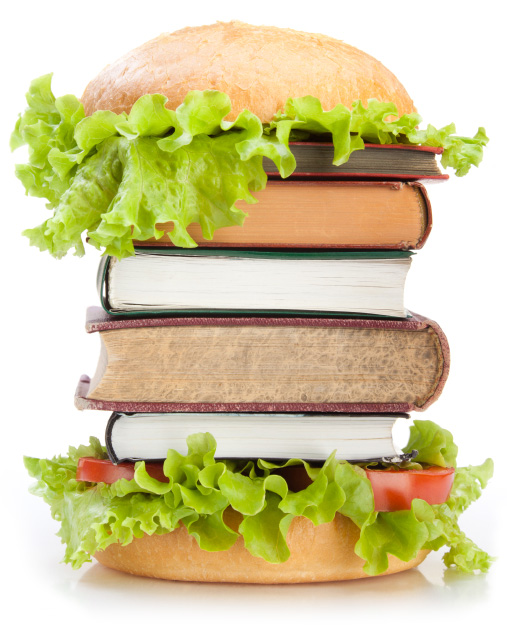Bible Sandwich April 8, 2015
Author: Beach Combing | in : Medieval , trackbackWould you eat a Bible? Unless under duress probably not. However, the Bible has long been resorted to as food particularly in charms. Bede, in the early eighth century, may give us the earliest version of this idea in the first chapter of the first book of the Ecclesiastical History. Noting that snakes cannot dwell in Ireland, the subject of a previous post, he points out that snakes dislike all things Irish:
On the contrary, almost all things in [Ireland] are efficacious against [snake] poison. In truth, we have known that when men have been bitten by serpents, the scrapings of leaves of books that were brought out of Ireland [to England], being put into water, and given them to drink, have immediately absorbed the spreading poison, and assuaged the swelling.
Bibles and holy writings were arguably the most successful Irish export of the Early Middle Ages: scrapings might not work with paper but these books were made of calf-skin.
There are several other references through history to the Bible being able to combat illness though Beach is having problem finding them this morning. Any other examples of Bible eating or drinking: drbeachcombing AT yahoo DOT com Note that bibliophagy is a recognized ocd: though not as serious obviously as bibliotaphy the burying of books or anthropodermic bibliopegy the binding of books in human skin (what a wide, wild and wonderful world we live in).
But here is one late example of supernatural Bible ingestion that is worth putting on your fridge. It comes from the pen of a Hants residence, in southern England, one Jonathan Bouchier in 1902, twelve years before the modern age began with a bang at Mons and the Marne.
I am told by a lady resident that in the Hampshire parish in which I am writing there is living at the present time a good woman who once ate a New Testament, day by day and leaf by leaf, between two slices of bread and butter, as a remedy for fits. This was treating the Bible as a fetish with a vengeance! This use of printed paper would have astonished Addison (see the Spectator, No. 367). One would suppose that even Mause Headrigg [a character in Scott] would hardly have pushed Bibliolatry to this extreme.
Beach couldn’t help wonder what the effect of eating that much nineteenth-century ink would be on the constitution of what was a presumably delicate lady. Perhaps not as serious as epilepsy?



